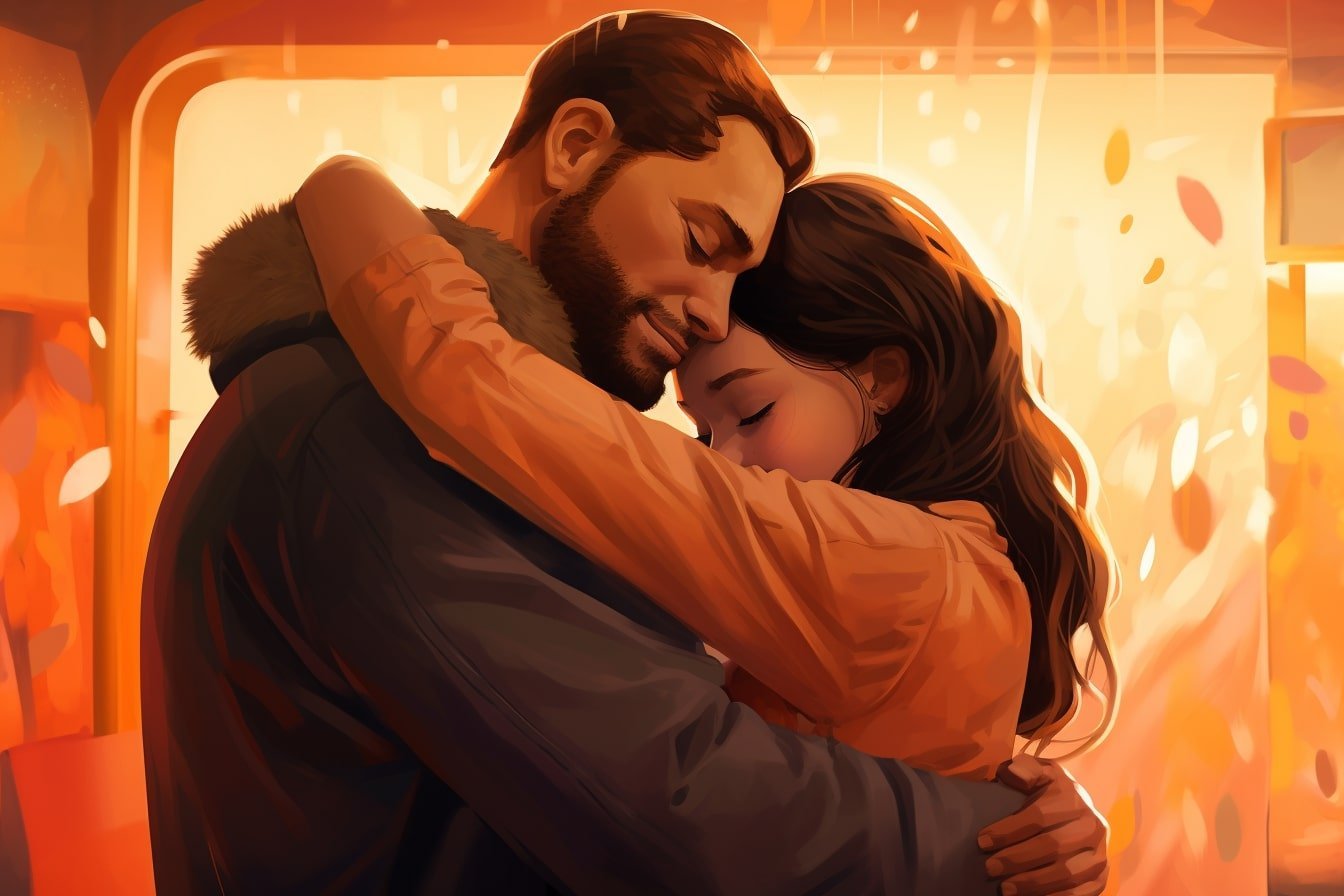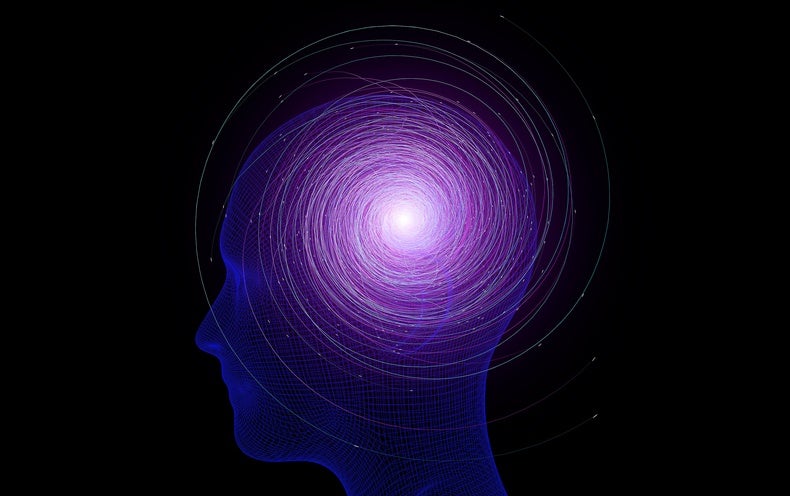Mary Martin
@marymartin
awareness, imagination, futures thinking, and hope.
Mary Martin
@marymartin
awareness, imagination, futures thinking, and hope.

awareness and
well-being and
Mindfulness Research and conferencing

consciousness and conferencing

Mindfulness and therapy